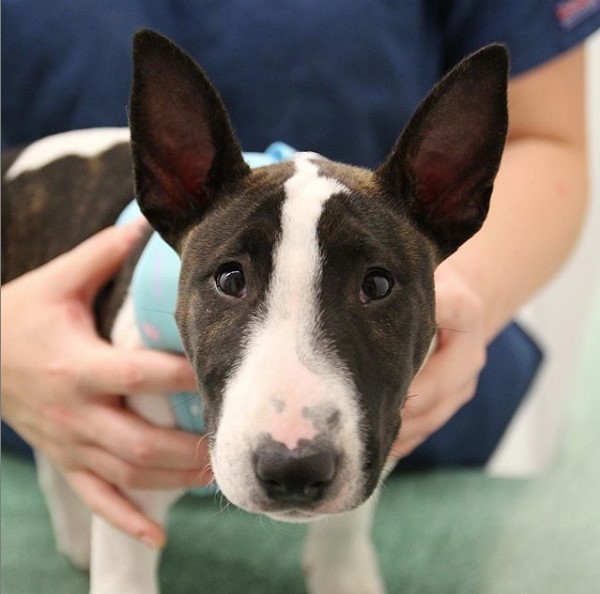It’s normal for your dog to itch and scratch itself occasionally, but if the itching is causing your canine distress or disrupting your household, it may be a case of ‘Itchy dog’, also known as ‘Canine itch’.
Potential causes
Several factors can cause and aggravate the itching. These include allergies, parasites or infections. Common allergies that are likely to cause problematic itching include:
- Food allergy
- Flea allergy
- Atopic dermatitis – an itchy skin disease brought on by environmental allergens such as house-dust mites, moulds and pollens
- Contact allergy – when itching is triggered by your dog coming into direct contact with something
Signs you should look out for
A typical sign of your pooch having skin disease is behavioural change, or worse yet – their smell. You can watch out for important signs that may indicate you have an itchy dog. These include:
- Foot chewing
- Skin redness and hair loss
- Irritated, red or smelly ears
- Increased chewing, biting, scratching or licking
- Increased bottom scooting, rubbing or rolling
Why immediate action must be taken
It’s important you take your dog’s itching seriously. If they indeed have an allergic skin disease they will enter into an irritating repetitive cycle of itching and scratching. If you delay in addressing their itch sensation, the skin condition will become worse and can be harder to treat. Itching and inflammation can also lead to bacterial infections that need to be treated with shampoos and/or antibiotics.
If you suspect your dog is itching more than usual, contact us for some friendly advice or to book a consultation.



